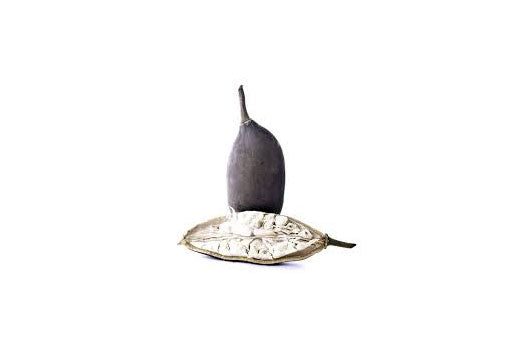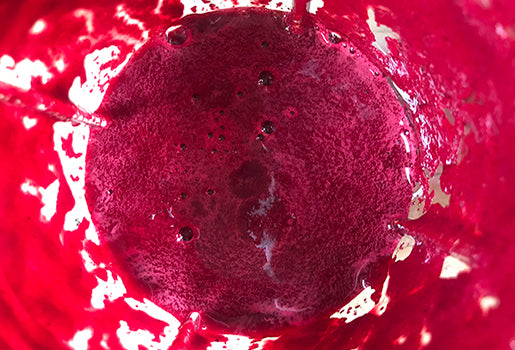Cream vs. Oil: Health Benefits and Pitfalls of Both

The other day my friend asked me what the difference was between a cream and an oil. Many have been asking me this questions, actually, and I am sure many others wonder the same thing. So here is my answer:
CREAMS are what people are familiar with. Creams are what we have learned to use when our skin is dry. The soft fluffy texture and the myriad scents of creams make it easy and pleasant to apply--it's almost addictive! And the wonderful thing about creams is that they are water-based, allowing the skin to benefit from a nice coating of water that it otherwise lacks. But also note that:
- In order to create and maintain that characteristic texture, creams must be made with several other ingredients, many of which are completely useless to your skin, at best. I call these ingredients "fillers". Often times, when buying commercial brands, these fillers are made of potentially hazardous chemicals, including preservatives, thickening agents, and emulsifiers,
- If you get an artisanal cream that is made by a company that is truly committed to your health, you will find good ingredients where even the fillers are made of safe and sometimes even beneficial ingredients such as beeswax and lecithin. In this case, a cream will hydrate your skin because of the water content, and hopefully nourish it with the other ingredients. But to make your common cream, it requires heating the ingredients to a certain temp. which kill many of the beneficial properties of delicate oils. The beeswax will help seal in the moisture. But, that is the extent of a cream's nourishing potential.
- Since creams are water-based, there is a need for preservatives--you cannot do without, and natural yet effective ones are seldomly used.
Note: No, I'm not guilty because my creams are not your traditional creams--they are made in such as way that none of the botanical properties are killed. The downside is that the creams don't lend itself to full body use. That this why they are special creams for specific application. It's like a drop of concentrated magic for a very special spot---like your lips or your eyes.
Tip: Look out for what fillers are used and make sure your cream only uses natural preservatives.

- Oils, when--and only when-- are organic and cold pressed contain so many vitamins, fatty acids, protein, minerals, trace minerals, and amino acids that are not just beneficial but also necessary for the growth and development of your skin cells. Think of them as a nutrient-dense elixir!
- You can benefit from these oils when added topically or consumed. The downside of oils is that oils do not hydrate. For hydration, you need water!
- The only way to benefit from oils is to apply them after a shower once your skin drank up all the water it needed. The oil will seal in the water and nourish it with its naturally occurring nutritive properties etc.
Tip: As I alluded to earlier, an oil is only worth using if you buy a top quality oil. If not, you'll be clogging your pores with grease.
Leave a comment
Comments will be approved before showing up.



